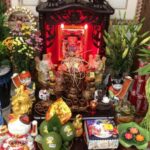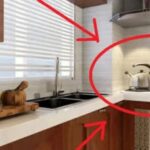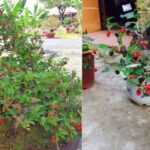What is the significance of a mirror facing the front door?
The mirror referred to here is a Bagua mirror, a concept in Feng Shui. Bagua mirrors come in three types: convex, concave, and flat. Convex mirrors are used to deflect negative energy away from the home, while concave mirrors are meant to attract and gather positive energy towards the house. Flat mirrors are considered neutral and balance the effects of the other two types.
By placing a Bagua mirror outside the front door, our ancestors believed they could ward off evil spirits and invite positive energy into their homes. This practice was rooted in the idea of protecting the household and its inhabitants from any potential negative influences or entities.
However, using a Bagua mirror is not without its complexities. It requires guidance from a knowledgeable practitioner to select the right type of mirror, taking into account the specific home, its location, and unique circumstances. Improper use of a Bagua mirror, or placing it without the necessary expertise, can lead to unintended negative consequences.
This explains why you may often see mirrors, particularly Bagua mirrors, hanging outside the front doors of traditional homes.
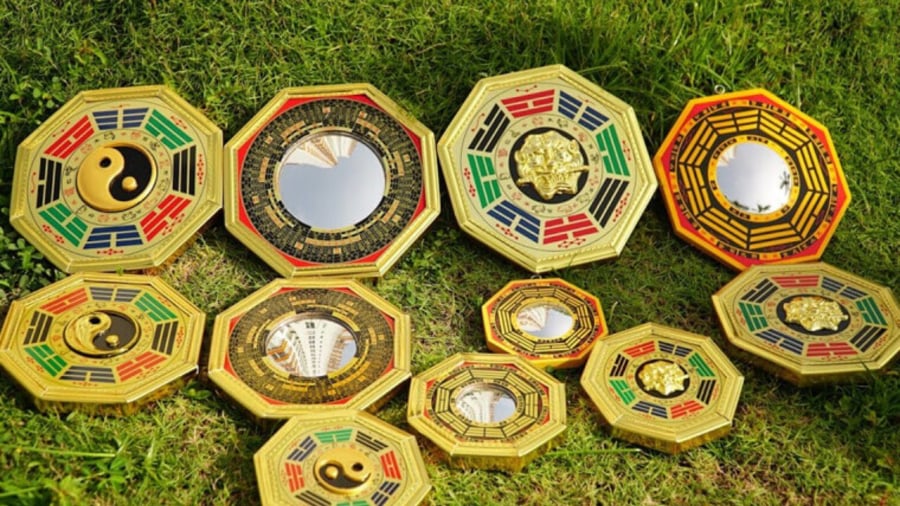
Bagua Mirrors: Handle with Care
While a Bagua mirror has the potential to bring positive energy, choosing the wrong type or placing it incorrectly can lead to adverse effects. Additionally, care must be taken to ensure that the mirror does not attract negative energy while being transported home. Therefore, it is essential to seek guidance from a qualified expert when purchasing and installing a Bagua mirror.
What does it mean to plant mulberry trees behind the house?
The mulberry trees mentioned here are those cultivated for silkworms. In the past, our ancestors recognized the unique properties of these trees in warding off evil spirits. Mulberry trees were believed to possess strong yin energy, making them ideal for protecting the home.
As a result, it was considered inauspicious to plant mulberry trees in the front of the house. However, planting them behind the house was considered beneficial. The back of the house is symbolically associated with the longevity of the homeowners, and it is believed that evil spirits may pass through this area.
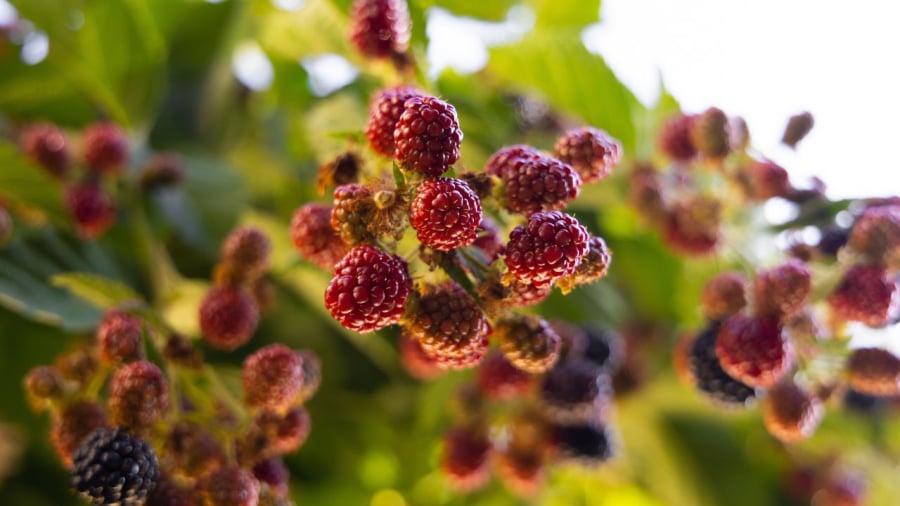
Mulberry Trees: A Fortuitous Planting
The strong yin energy of mulberry trees makes them effective in repelling evil spirits. It was believed that even the sight of mulberry branches was enough to make malevolent entities flee. Additionally, mulberry trees offer a multitude of practical benefits, such as medicinal uses for their leaves, wood, and roots. The presence of praying mantis nests in the branches was also considered a sign of good fortune.
Thus, our ancestors believed that planting mulberry trees behind their homes would bring numerous benefits and advantages to the household.
Today, while the use of Bagua mirrors continues in some modern homes, the practice of planting mulberry trees has somewhat fallen out of favor. Interestingly, some people now choose to cultivate mulberry trees as bonsai plants and place them in front of their homes as decorative pieces.
This information is based on traditional beliefs and practices and may vary across different cultures and regions.

























